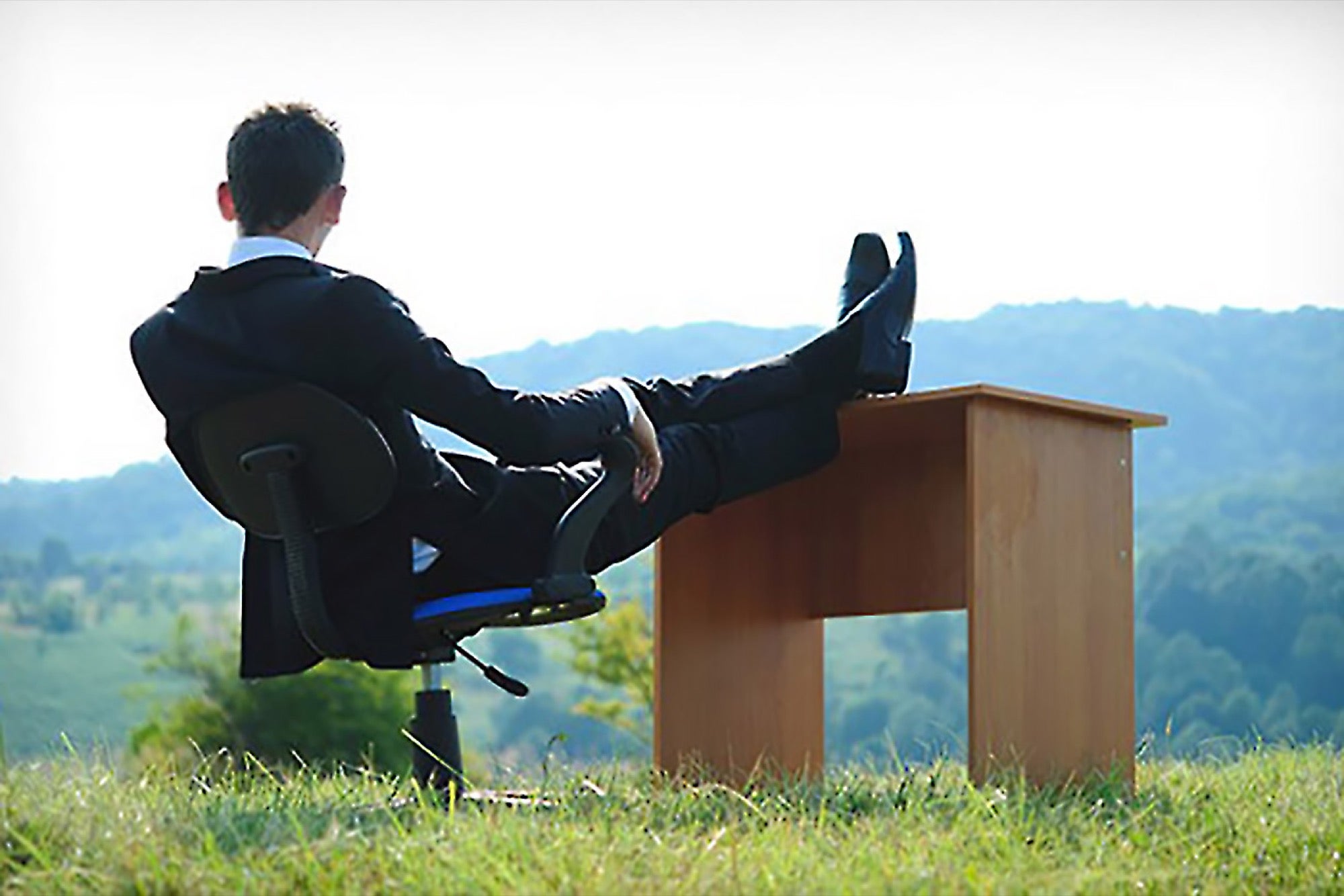Fresh Off The Boat: Acclimating To Life As An Indian Entrepreneur In India, we are still learning to completely embrace the risk that comes with entrepreneurship.
By Vikas Sekhri
Opinions expressed by Entrepreneur contributors are their own.
You're reading Entrepreneur India, an international franchise of Entrepreneur Media.

When I arrived in my hometown of Bombay in June 2012, I came back to my country with a false sense of assuredness that I would assimilate back into the Indian way of life as an entrepreneur.
However, after spending 12 years in the US, first as a young teenager entering undergrad, then as a professional in the financial services sector, and finally as a MBA student, it was hard to shake off the American mindset engrained in me. I spent the first six months of my time in India simply re-learning basic skills like how to navigate around the city and how to bargain.
Four years later, and more than a year into running my latest venture, CashCare, I can confidently say, while it was a challenge to adjust back to the Indian way of life, I have never looked back. There is no other place in the world bubbling with as much excitement as the burgeoning entrepreneurial ecosystem in India. Being here and building CashCare has been the toughest but most exhilarating experience of my life.
I still carry with me all that I learned as a student, employee, and entrepreneur in the US while doing the day-to-day hustle that is required of me as an Indian entrepreneur. Through this process, I am often struck by how different the two countries and ecosystems are.
In the US, no matter how the markets were or the political environment, I always found a sense of stability in the business ecosystem. If you had a strategic idea and business model and put in the hard work, there was a clear path to raising funds and building a company.
In turn, the solidity of the entrepreneurial ecosystem lent itself to promoting more creative and nuanced business models. When TaskRabbit first started, disrupting Craigslist's longstanding domain, I saw how companies in the US learnt from each other to build the next best model and improve the products and services available to customers.
In India, things are not as certain. It is not just that our ecosystem is young and that tech entrepreneurship is a recent phenomenon. Even simple logistics like getting your office AC repaired or paying a maintenance bill can sometimes take an exorbitant amount of time, taking away from your capacity to focus on your business.
As entrepreneurs, we constantly have to be on our toes, testing and re-testing the assumptions we make about our environment. I find this to be one of the most fun parts of being an entrepreneur in India.
At the same time, in the US, I never was as caught up in the labyrinth of logistics to simply get an office up and running like I am in India. I truly believe Indian entrepreneurs have to work twice as hard to build the same types of nuanced business models coming out of the States simply because of these environmental challenges.
Additionally, in America, you rarely see an overcrowding of a sector. US entrepreneurs don't jump on the bandwagon if a sector is hot. They instead take the time to identify a problem and build an enterprise-driven solution around it.
In India, we are still learning how to develop this maturity. Whether it is e-commerce, hyperlocal delivery, or mobile wallets, I see many businesses cropping up that do not necessarily provide something unique, but instead are hoping to tap into the hype associated with a particular sector. In time, I hope our ecosystem stabilizes and people learn from the current mistakes that happen when overcrowding occurs.
Finally, social dynamics vary considerably between the two countries. In America, people understand and applaud the idea of being an entrepreneur. Many of my MBA classmates at Wharton were eager to join start-ups, and all of us were aware that working for a start-up wasn't a 9 to 5 job; it was a lifestyle of completely immersing yourself in the problem you were trying to solve.
In India, we are still learning to completely embrace the risk that comes with entrepreneurship. I love the number of young people in the news who are turning down traditional jobs to start new ventures. But it is not enough and is mostly limited to graduates of the IITs or other elite institutions.
Given how nascent the sector is, all of us entrepreneurs have a role in developing the ecosystem and sharing our vision for an environment that fosters ease of and respect for entrepreneurship.
The challenges in India only make us stronger and more resilient to build truly global companies. It is an exciting time for all of us start-up folks, laying the foundation for India to achieve its potential and become the global superpower for entrepreneurship and disruptive innovation.










